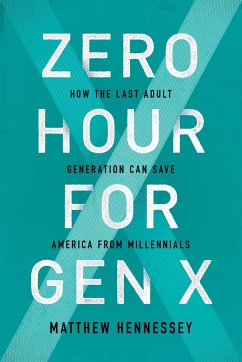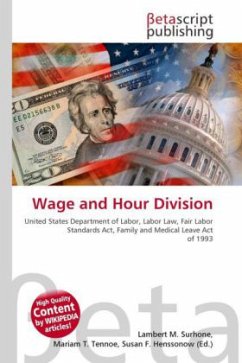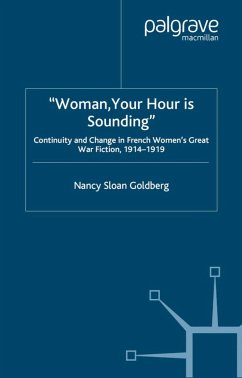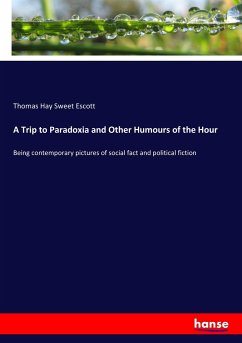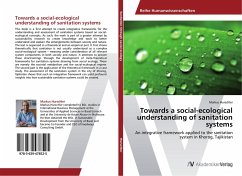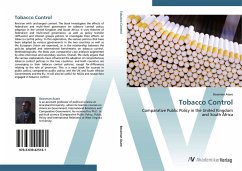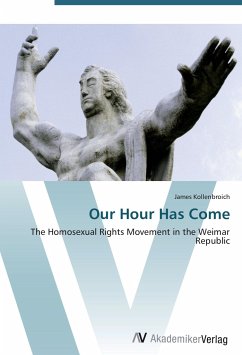
Our Hour Has Come
The Homosexual Rights Movement in the Weimar Republic
Versandkostenfrei!
Versandfertig in 1-2 Wochen
39,99 €
inkl. MwSt.

PAYBACK Punkte
20 °P sammeln!
Revision with unchanged content. The Weimar Republic rests in many minds as a period of new and great personal freedom. Despite this new freedom, gay German men still had to deal with the existence of Paragraph 175, the law against male homosexual acts. In response, gay German men worked to change the law. This work focuses on that effort and examines the actions, both political and cultural, of the three major gay rights organizations, the Gemeinschaft der Eigenen, the Bund für Menschenrecht, and the Wissenschaftlich-humanitären Komitee. It also examines the tactics of the movement and the ...
Revision with unchanged content. The Weimar Republic rests in many minds as a period of new and great personal freedom. Despite this new freedom, gay German men still had to deal with the existence of Paragraph 175, the law against male homosexual acts. In response, gay German men worked to change the law. This work focuses on that effort and examines the actions, both political and cultural, of the three major gay rights organizations, the Gemeinschaft der Eigenen, the Bund für Menschenrecht, and the Wissenschaftlich-humanitären Komitee. It also examines the tactics of the movement and the reasons behind its successes and failures. It proves that this was not the effort of some small insignificant voice in the wilderness, but a national movement with a very public presence across the entire country. As a direct result of its efforts, Paragraph 175 was removed from the draft of a new German law code in October 1929. Although this draft ultimately was never passed, the efforts of these groups during this decade opened public debate in Germany on the subjects of homosexuality and gay rights. This book is addressed to historians of the period as well as anyone interested in the history of gay rights.



